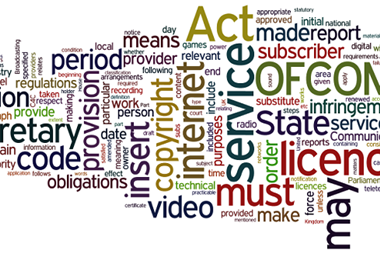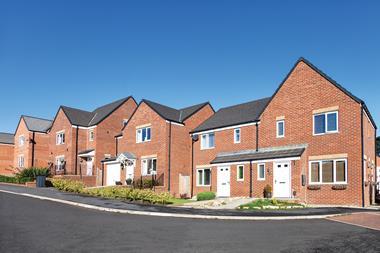The new Electronic Communications Code is expected to come into force later this year as a result of the Digital Economy Act 2017 receiving royal assent on 27 April.

The code is intended to clarify the law, give operators clearer rights and more flexibility in enjoying those rights, and enable the sharing of network apparatus.
The code regulates the legal relationships between landowners and some network operators. It gives rights to the providers of these networks to install and maintain apparatus in, over and under land. These are known as code rights and apply to the physical equipment that supports the operators’ network.
The government wanted to reform the code to put in place modern regulation that fully supported the rollout of digital communications infrastructure. The code was also in desperate need of reform, having been described judicially as “one of the least coherent and thought-through pieces of legislation on the statute book”.
New provisions
So what’s new? The security of tenure provisions of the Landlord & Tenant Act 1954 will not apply to any agreement between a landowner/occupier and an operator if the primary purpose is to grant code rights.
There is an automatic right for operators to assign code agreements to another operator. Any provision that purports to prevent, limit or make such an assignment subject to the fulfilment of conditions will be void.
There is also an automatic right for operators to upgrade or share apparatus with another operator if two conditions can be satisfied and notwithstanding any term of the code agreement.

Then there are new provisions governing how a code agreement can be brought to an end and apparatus then removed. It isn’t a one-stop shop. There is a two-stage process under which ending the relationship (which is modelled on the Landlord and Tenant Act 1954) does not give an instant right to possession. There is a separate process to follow for removing apparatus.
Compensation will be on the basis of market value, modified to include particular assumptions. It will be valued on a “no scheme” basis and based on compulsory purchase principles. To ensure more effective and speedier dispute resolution, the forum for most disputes under the code will be the Lands Chamber of the Upper Tribunal.
Looking forward, there will be a code of practice, prescribed forms and standard terms to be used in agreements. There will be the inevitable period of uncertainty as the new code comes into force and settles down into practice.






























No comments yet